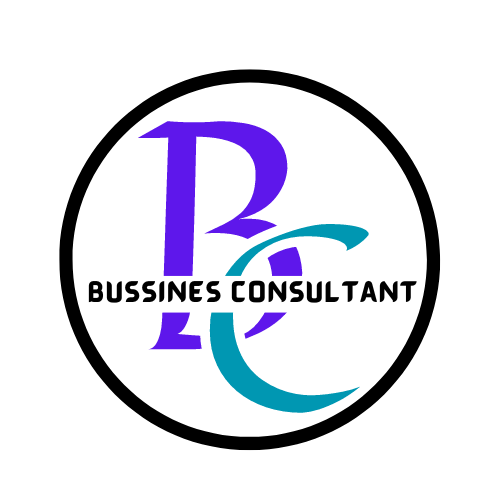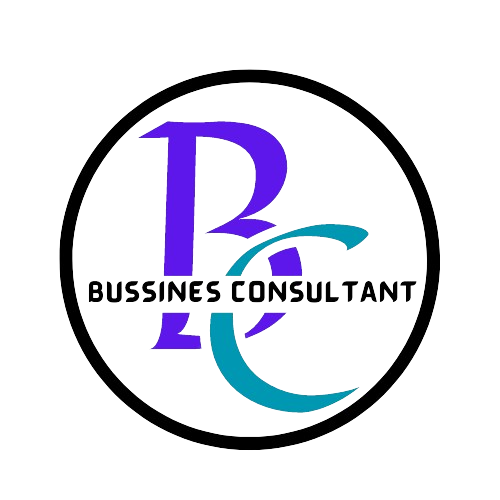Understanding How to create an effective business plan for startups!
Importance of a Plan
Defining a Business Plan
A business plan is like a roadmap your new venture. It outlines your business’s goals, strategies, and the steps you plan to take to achieve. The core components of business plan typically include:
- Executive Summary: A snapshot of your business and plans.
- Market Analysis: Research on your target market and competition.
- Operations Plan: How you intend to run your business day-to-day.
- Financial Projections: A look at your expected revenues, expenses, and profit.
Purpose of a Business Plan
Creating a business plan is crucial for startups for several reasons:
- Attracting Investors: A well-crafted plan shows potential investors that you’ve thought things through and have a clear path to success.
- Guiding Decision-Making: It serves as an internal guide to keep your team aligned on goals and strategies.
- Setting Milestones: Your plan helps you set realistic goals and benchmarks to measure progress.
Common Misconceptions
Many people think a business plan is just a formality or that it needs to be extensive and intimidating. In reality, it doesn’t have to be lengthy; clarity and purpose are what matter. Others believe it’s only for securing funding, but it’s equally important for internal management and strategic direction.

Key Components of Business Plan
Executive Summary
Your executive summary is the first impression, so it’s important! It should include:
- Business Name and Location: Where will you operate?
- Mission Statement: What’s your purpose?
- Overview of Products/Services: What are you offering?
- Financial Highlights: Briefly outline the financial outlook.
Market Analysis
Conducting market research helps you understand your customers and how to reach them effectively. You can use:
- Surveys: Get direct feedback from potential customers.
- Focus Groups: Gather insights from targeted audiences.
- Industry Reports: Look for published data that could inform your strategy.
Operations Plan
Describing how your business will operate day-to-day is essential. You should outline:
- Production Process: How will you create your product or service?
- Suppliers: Who will you source materials from?
- Location: Where will your operations be based?

Crafting Your Business Model
Revenue Streams
Understanding how your business will make money is vital. Consider:
- Product Sales: Direct sales to consumers.
- Subscriptions: Ongoing payments for continuous access.
- Service Fees: Charging for specific services rendered.
Value Proposition
What sets your product or service apart? Your value proposition should clearly define:
- Unique Features: What makes it different?
- Customer Benefits: How will it solve problems or improve life?
Pricing Strategy
Your pricing can make or break your business. Analyze:
- Cost-Based Pricing: Setting a price based on production costs.
- Competitive Pricing: Looking at competitors’ prices.
- Value-Based Pricing: Charging what customers are willing to pay based on perceived value.
Financial Projections and Funding Strategies
Creating Financial Statements
Turn your financial plans into statements, including:
- Income Statement: Revenue and expenses over time.
- Cash Flow Statement: Tracking cash in and out.
- Balance Sheet: Snapshot of assets, liabilities, and equity.
Funding Options for Startups
Securing funding can come from various sources:
- Bank Loans: Traditional loans from financial institutions.
- Investors: Individuals or groups willing to invest in exchange for equity.
- Grants: Non-repayable funds provided by various organizations to support new businesses.
Breakeven Analysis
Understanding your breakeven point is crucial for decision-making. It helps you know:
- Fixed vs. Variable Costs: Your costs that stay the same vs. those that change with production.
- Sales Volume: How much you need to sell to cover costs.
Reviewing and Refining Your Business Plan
Iteration Process
Updating your business plan shouldn’t be a one-off task. Regular revisions based on performance and market changes keep it relevant.
Seeking Feedback
Don’t go it alone! Ask mentors or advisors for feedback. Their expertise can provide valuable insights you might have overlooked.
Preparing for Presentation
When it’s time to present your plan:
- Practice: Rehearse your pitch to boost confidence.
- Visual Aids: Use slides to highlight key points.
- Be Concise: Keep your presentation focused and engaging.
Conclusion
Crafting a compelling business plan is more than just checking boxes; it’s about creating a clear path forward for your startup. By understanding its importance, key components, and the iterative process of refinement, you can build a plan that not only attracts investors but also guides your decisions as you embark on your entrepreneurial journey.
A business plan can vary in length, but a well-structured plan is typically between 20-30 pages. Focus on clarity and relevance.
Absolutely! Many resources are available to help you. Just make sure you know your business and market well.
Look for templates online, small business development centers, or even local workshops. There are many guides that break down the process into manageable steps!




